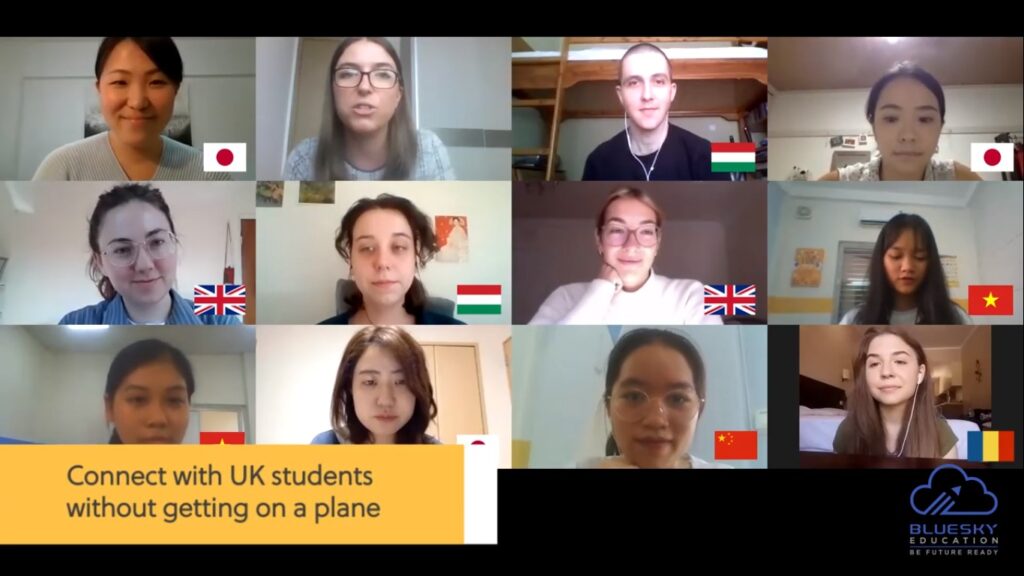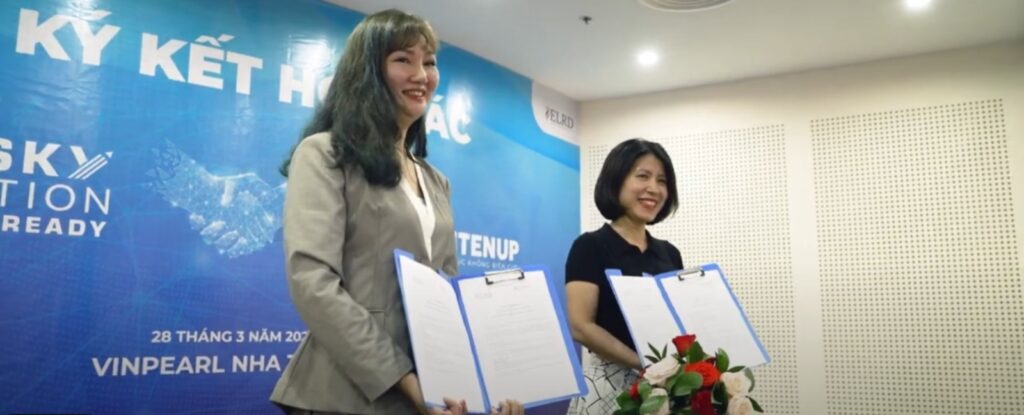There is no denying that education has changed dramatically over the past year due to covid 19. More than 1.5 billion students were affected worldwide according to UNESCO with many of those turning to online learning as their main source of education. Although there has been a rapid increase since the pandemic, there was already an emerging trend of education turning to online learning as a way to supplement and enhance traditional learning.
According to a 2002 Sloan Foundation survey less than 50% of education institutions expected online learning to be part of their ongoing educational plan whereas by 2011 that number had risen to 66% and by 2013 90% of students were anticipated to take at least one online course in the coming years.
This highlights the growing understanding that online learning has within education, it’s simply now that people are starting to really take notice.
So, looking forward, how will studying abroad be affected by this change to online learning? How can studying abroad and travelling to a different country be synonymous with online learning and staying at home? It’s time to think outside the box and see how you can make both works to your advantage.

Structured Camps vs Flexible Learning:
Studying abroad will always be a constant within the industry, there is simply no replacing jumping on a plane and discovering a new culture, learning a new language and creating unforgettable memories.
However for some students, this will be too expensive or too much of a commitment away from home and therefore instead of missing out on a client, you should be thinking of alternatives for those students in an online capacity. Flexibility is key for online learning, don’t forget that.
Expensive vs Cost-effective:
We all know that studying abroad isn’t cheap with only the middle classes being able to send students abroad. Online education opens up the doors to a wider range of students and with them a wider range of clients to offer programmes.
The cost-effective nature and scalability of online programmes mean that although the profit margin may be less, the possibilities are endless. Just think, no visa or flights to organising, no group leaders or welcome orientation meetings before the camp, online means quick and easy for everyone involved. The content can still be high quality but the ease of accessing that content is much simpler and far more scalable.

Physical vs Online Programmes:
Online learning has come on leaps and bounds in the past few years and rapidly improved in the past year because of the global pandemic. What used to be considered dull can now offer a multitude of learning opportunities and there is no reason that it can’t be just as valuable to students as a physical programme.
The past year has made the transition to online programmes in combination with study tours easier with people understanding the concept and being open to new ideas much more than they were previously. Online programmes that we have offered at BlueSky include international online exchanges, virtual homestays, ModelUN, Video Game Design, University Taster Lectures, Culture Classes and even Yoga!
Honestly, the opportunities are endless if you don’t place limits on yourself and on your students. They are much more willing to change and adopt new ideas than they might have previously been.
Stand-alone vs Blended Learning:
Online learning can come in many forms. It can be a standalone lesson or course focusing on a particular topic or learning point. However, it can also be part of a blended learning platform combining study abroad with online learning.
For students to get the most out of their study abroad programme, a few sessions before their trip online could be the perfect way to complement the camp and prepare students for what they will expect both linguistically, practically and culturally.
For parents it provides peace of mind, for agents it provides extra income and for students it provides the opportunity to get excited about their upcoming adventure – talk about a win, win, win!

